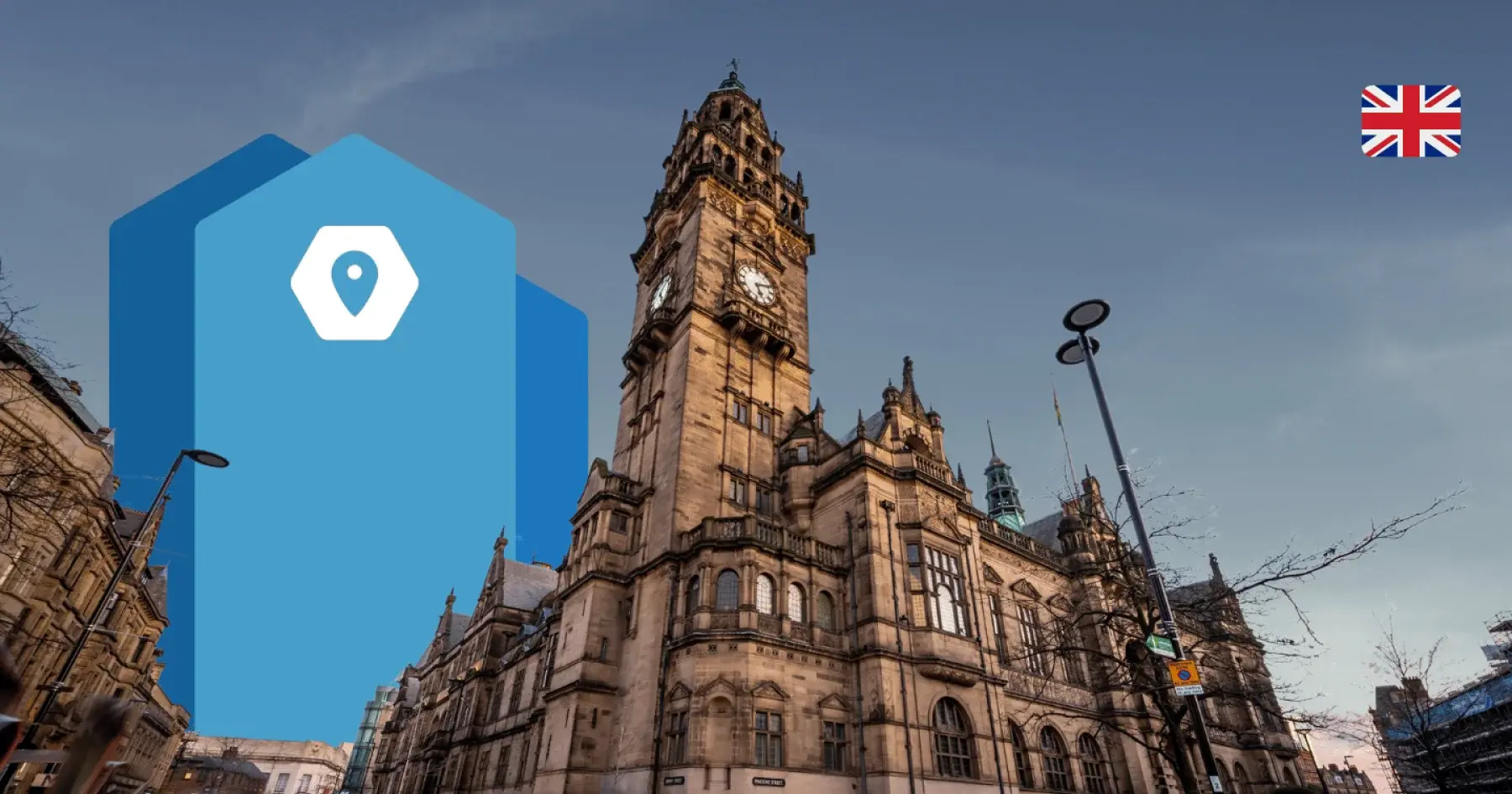Key TakeAways
- Retention Strategy: Clear communication and robust HR systems enhance trust and support long-term employee commitment.
- Extended Residence: Most Skilled Worker Visa holders need 10 years (up from 5) for ILR, except transitional cases or earned settlement after 5 years.
- Compliance is Critical: Track residence, salaries, and visa conditions to avoid ILR refusals during stricter 2025 audits.
- Employee Support: Provide resources for the Life in the UK Test, English tests, and eVisa transitions by 2026.
Introduction
Indefinite Leave to Remain (ILR) allows employees to live and work in the UK without visa restrictions, offering a pathway to long-term stability and, eventually, British citizenship. For HR business partners and employee support teams, understanding ILR requirements in 2025 is critical to guide sponsored employees through their settlement journey. With significant changes introduced in the May 2025 Immigration White Paper, Restoring Control over the Immigration System, including extended residence periods and new "earned settlement" schemes, this guide outlines eligibility criteria, compliance obligations, and strategies to support employees effectively.
What is Indefinite Leave to Remain (ILR)?
ILR grants non-UK nationals the right to live, work, and study in the UK without time limits, removing the need for visa renewals. It is a key milestone for employees on visas like the Skilled Worker Visa, typically leading to citizenship after an additional year. HR teams play a vital role in ensuring employees meet eligibility requirements, maintain compliance, and navigate the application process, fostering retention and trust.
ILR Eligibility Requirements in 2025
To qualify for ILR in 2025, employees must meet stringent criteria, with changes effective from 22 July 2025 impacting Skilled Worker Visa holders. Key requirements include:
1. Continuous Residence
- Standard Requirement: Employees must have lived in the UK for a continuous period, typically 5 years, on an eligible visa (e.g., Skilled Worker, Global Business Mobility). However, from 22 July 2025, the residence period extends to 10 years for most Skilled Worker Visa holders, except those under transitional arrangements or on specific routes (e.g., Global Talent).
- Earned Settlement: Exceptional contributors (e.g., high-impact innovators or key workers in shortage roles) may qualify after 5 years under the new "earned settlement" scheme, assessed case-by-case by the Home Office.
- Rules:
- Absences must not exceed 180 days in any 12-month period.
- Continuous residence is broken by deportation, imprisonment, or visa cancellations.
- HR Action: Track employees’ UK residence periods and absences using HR systems. Advise employees to document travel dates to ensure compliance.
2. Eligible Visa Category
- Qualifying Visas: ILR is available for holders of Skilled Worker, Global Business Mobility (Senior/Specialist Worker), Tier 2 (pre-2020), and other specified routes. The Intra-Company Transfer (ICT) Visa (now GBM Senior/Specialist Worker) does not lead to ILR, requiring a switch to the Skilled Worker route.
- Transitional Arrangements: Employees sponsored before 22 July 2025 can apply for ILR after 5 years if maintaining the same visa conditions (e.g., job role, salary).
- HR Action: Review employees’ visa categories and advise those on non-qualifying routes (e.g., ICT) to transition to Skilled Worker Visas well before ILR applications.
3. English Language Proficiency
- Requirement: Applicants must demonstrate English proficiency at CEFR Level B1 (or higher for some roles) in speaking and listening. This can be met via:
- An approved English language test.
- A degree taught or researched in English (verified by UK ENIC).
- Exemption for nationals of majority-English-speaking countries.
- HR Action: Retain copies of employees’ English test results or degree certificates in personnel files. Support employees in accessing approved test providers if needed.
4. Life in the UK Test
- Requirement: Applicants aged 18–65 must pass the Life in the UK Test, assessing knowledge of British history, culture, and government.
- HR Action: Provide resources or training sessions to help employees prepare for the test. Share official Home Office study materials (available at gov.uk).
5. Salary and Job Continuity
- Requirement: Employees must remain employed in a role meeting the Skilled Worker Visa criteria (e.g., RQF Level 6 or Temporary Shortage List, minimum salary £41,700 or £33,400 for new entrants as of 2025). For transitional cases, the salary threshold is £31,300.
- HR Action: Ensure employees’ salaries and job roles remain compliant during the ILR qualifying period. Document any changes in employment for Home Office audits.
6. Good Character
- Requirement: Applicants must have no criminal convictions, immigration violations, or activities deemed contrary to UK interests.
- HR Action: Conduct background checks during onboarding and advise employees to disclose any issues that could affect their application.
7. Financial Maintenance
- Requirement: Applicants must demonstrate financial independence, typically through employment income or savings, and not rely on public funds.
- HR Action: Verify employees’ salary records and advise on maintaining financial documentation for ILR applications.
Application Process
The ILR application process requires coordination between HR teams and employees:
- Prepare Documentation:
- Proof of continuous residence (e.g., payslips, P60s, travel records).
- English language test results or degree certificates.
- Life in the UK Test pass certificate.
- Passport and visa documents.
- Evidence of employment and salary (e.g., contract, payslips).
- Submit Application:
- Apply online via the UKVI portal or through a paper form (if specified).
- Pay the application fee (£2,885 as of April 2025) and Immigration Health Surcharge (if applicable).
- Attend Biometric Appointment:
- Provide fingerprints and photographs at a UKVCAS centre.
- Await Decision:
- Standard processing takes 6 months; priority services (if available) can reduce this to 5 working days for an additional £800.
HR Action: Create a checklist for employees to ensure all documents are complete. Offer support for booking biometric appointments and tracking application progress.
2025 Changes Impacting ILR
The 2025 Immigration White Paper introduces significant changes affecting ILR eligibility:
- Extended Residence Period: Most Skilled Worker Visa holders now require 10 years of continuous residence (up from 5 years), except for transitional cases or earned settlement.
- Earned Settlement Scheme: Exceptional contributors (e.g., innovators, key workers) may qualify after 5 years, subject to Home Office discretion.
- eVisa Transition: By 31 December 2026, ILR holders must switch to eVisas, requiring digital accounts for status verification.
- Stricter Compliance: Increased Home Office audits emphasize accurate record-keeping for sponsored employees.
HR Action: Communicate extended timelines to employees, monitor eVisa transitions, and maintain robust compliance systems to support ILR applications.
Supporting Employees’ Settlement Journey
HR business partners and employee support teams can enhance employee experience and retention through proactive support:
- Clear Communication:
- Educate employees on ILR requirements, timelines, and 2025 changes during onboarding and annual reviews.
- Highlight the lack of an ILR pathway for ICT Visa holders and guide them toward Skilled Worker Visa transitions.
- Compliance Support:
- Use HR software to track residence periods, absences, and visa conditions.
- Conduct internal audits to ensure salary and job role compliance for ILR eligibility.
- Resource Provision:
- Offer workshops or resources for the Life in the UK Test and English language preparation.
- Provide templates for documenting continuous residence (e.g., travel logs).
- Financial and Legal Guidance:
- Advise on application fees and budgeting for ILR costs.
- Recommend immigration advisors for complex cases (e.g., broken residence or earned settlement).
- eVisa Transition Support:
- Assist employees in setting up eVisa accounts by 2026, ensuring seamless verification during right-to-work checks.
Challenges and Mitigation Strategies
- Extended Timelines: The 10-year residence requirement may discourage retention. Mitigate by emphasizing earned settlement opportunities and career growth.
- Complex Documentation: Proving continuous residence can be challenging. Provide employees with clear guidelines and HR support for record-keeping.
- Cost Barriers: The £2,885 application fee (plus potential legal costs) may strain finances. Offer flexible payment plans or referral to financial advisors.
- Audit Risks: Non-compliance (e.g., unreported absences) can lead to ILR refusals. Implement robust HR systems to track compliance.
HR Action: Develop an ILR support program, including timelines, resources, and compliance checks, to streamline employees’ settlement journey.
Conclusion
Supporting employees’ ILR journey in 2025 requires HR business partners and employee support teams to navigate extended residence periods, stricter compliance, and new schemes like earned settlement. By providing clear guidance, robust compliance systems, and tailored resources, HR teams can enhance employee trust, retention, and long-term commitment. Proactive planning and communication will ensure employees meet ILR requirements and achieve settlement successfully.
Disclaimer
Immigration laws and policies change frequently and may vary by country or nationality. While we strive to provide accurate and up-to-date information, we recommend doing your own due diligence or consulting official sources. You are also welcome to contact us directly for the latest guidance. Jobbatical is not responsible for decisions made based on the information provided.


.svg)










.svg)
